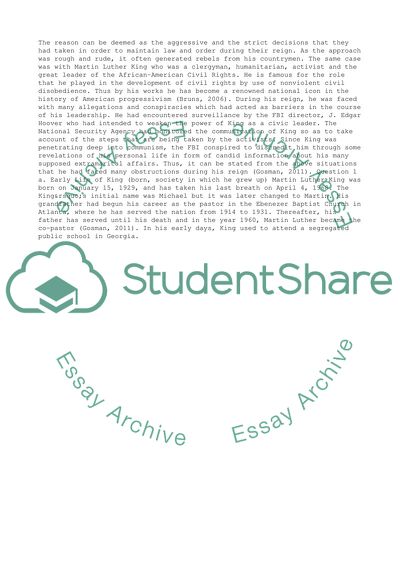Cite this document
(“Critical Analysis Of The Great Rulers' Reign Assignment”, n.d.)
Critical Analysis Of The Great Rulers' Reign Assignment. Retrieved from https://studentshare.org/management/1489178-strategic-thinking-for-managers
Critical Analysis Of The Great Rulers' Reign Assignment. Retrieved from https://studentshare.org/management/1489178-strategic-thinking-for-managers
(Critical Analysis Of The Great Rulers' Reign Assignment)
Critical Analysis Of The Great Rulers' Reign Assignment. https://studentshare.org/management/1489178-strategic-thinking-for-managers.
Critical Analysis Of The Great Rulers' Reign Assignment. https://studentshare.org/management/1489178-strategic-thinking-for-managers.
“Critical Analysis Of The Great Rulers' Reign Assignment”, n.d. https://studentshare.org/management/1489178-strategic-thinking-for-managers.


